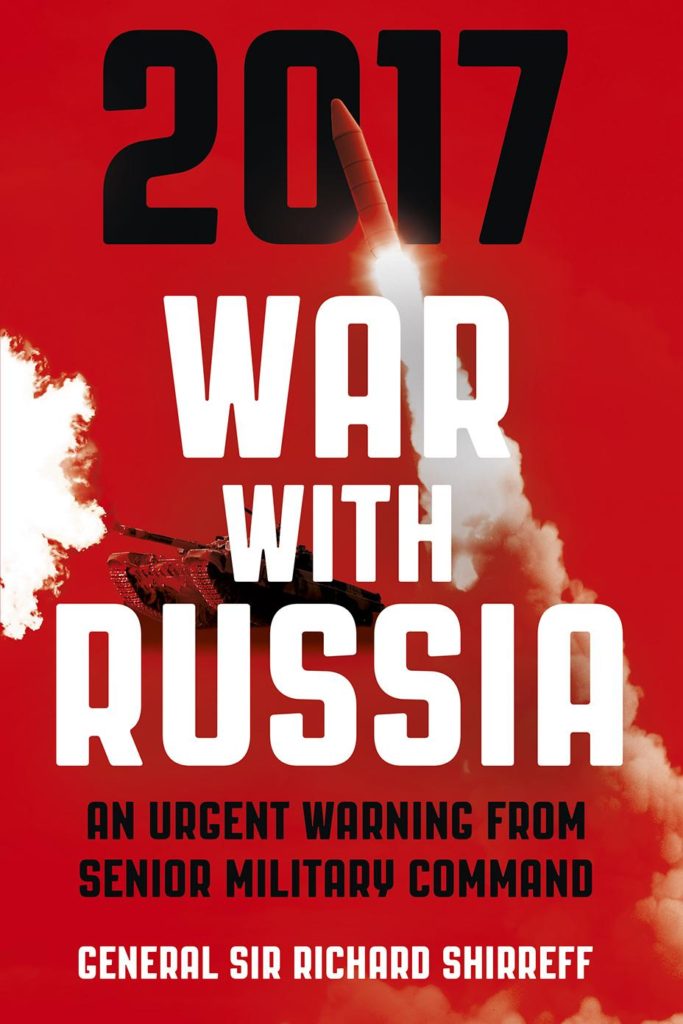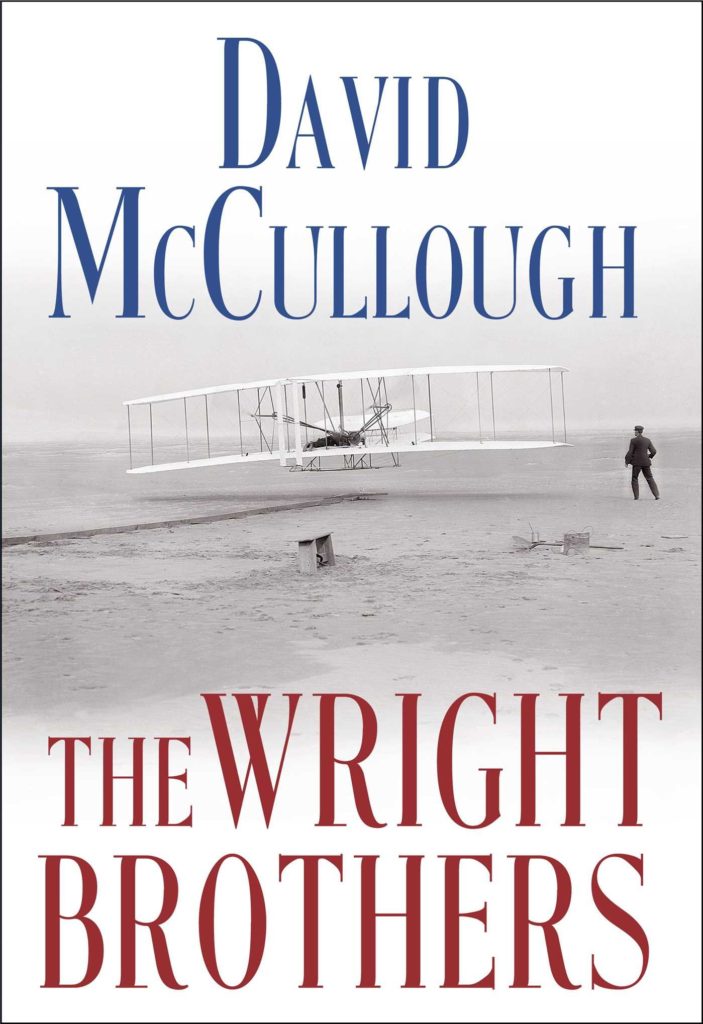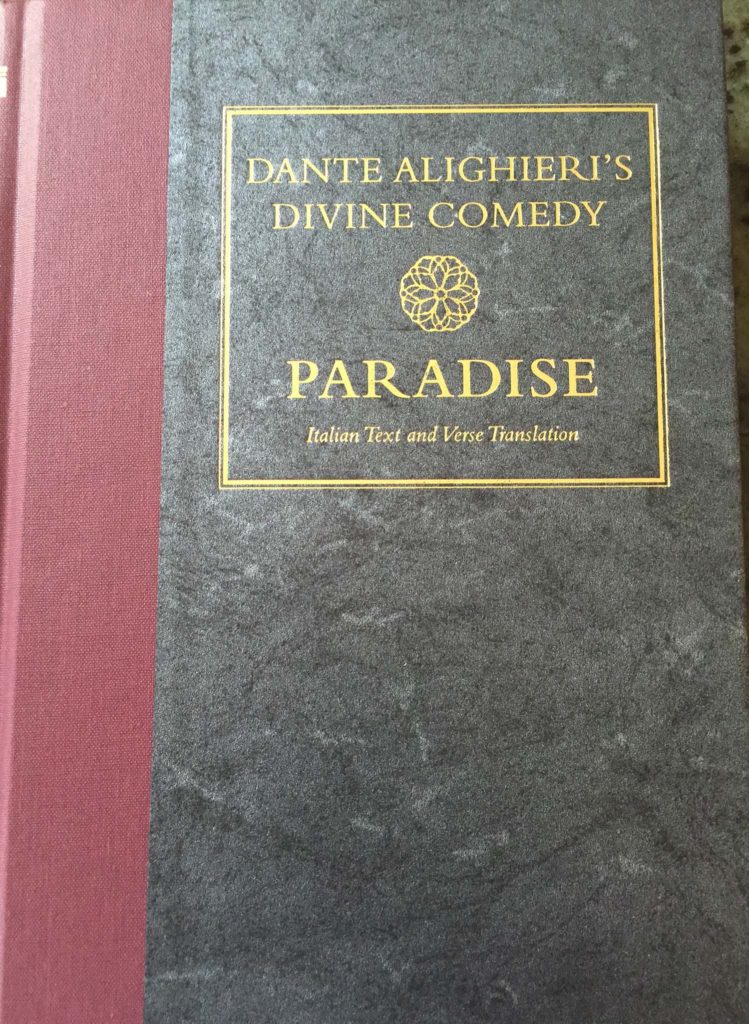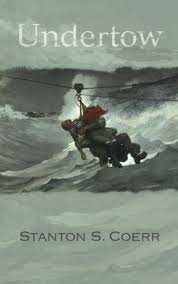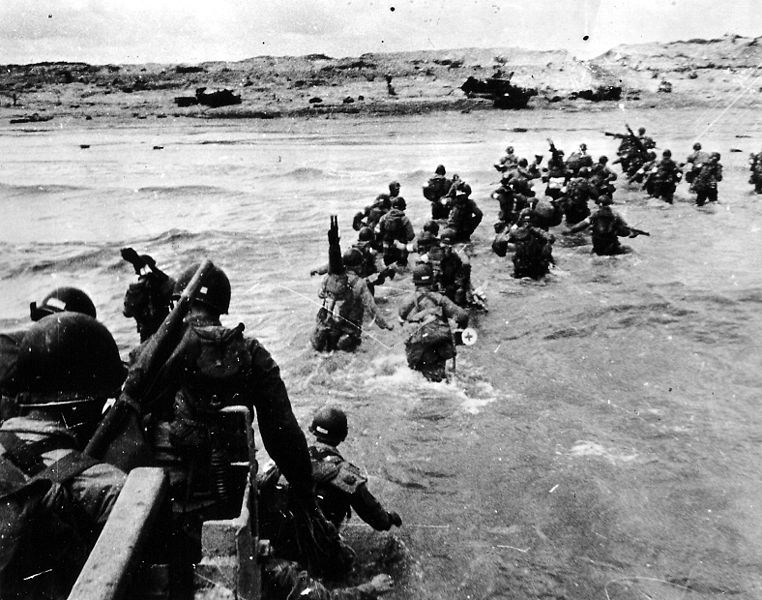Holocaust Memorial Day, remember
Sunday, January 29th, 2017[ by Charles Cameron — still recovering from heart surgery, still a couple days slow on current affairs ]
.
Holocaust Memorial Day might have passed me by completely had President Trump not decided to sign his executive order putting an initial ban on refugees — and green card holders — from seven Muslim-majority countries entering the US.
**
The parallelism speaks for itself. In a single tweet:
"Anne Frank could be a 77-year-old woman living in Boston today." But was denied a US visa. https://t.co/BeZ2ZpqLhl #HolocaustMemorialDay
— Julia Ioffe (@juliaioffe) January 27, 2017
Read all about it: Anne Frank and her family were also denied entry as refugees to the U.S.:
“The story seems to unfold in slow motion as the painstaking exchange of letters journey across continents and from state to state, their information often outdated by the time they arrive,” the New York Times wrote … “Each page adds a layer of sorrow as the tortuous process for gaining entry to the United States — involving sponsors, large sums of money, affidavits and proof of how their entry would benefit America — is laid out. The moment the Franks and their American supporters overcame one administrative or logistical obstacle, another arose.”
**
See also the St. Louis Manifest Twitter feed.
.@Stl_Manifest shares the fates of the St. Louis refugees #HolocaustMemorialDay https://t.co/4MzcqDqePo via @SmithsonianMag
— J.M. Berger (@intelwire) January 28, 2017
The Smithsonian magazine describes it as “like a slow dirge, steadily announcing the names of the St. Louis passengers who were killed..”
A sample:
My name is Walter Velman. The US turned me away at the border in 1939. I was murdered in Golleschau
— St. Louis Manifest (@Stl_Manifest) January 28, 2017
My name is Bertha Unger. The US turned me away at the border in 1939. I was murdered in Sobibor
— St. Louis Manifest (@Stl_Manifest) January 28, 2017
**
Yet despite all..
“What is done cannot be undone, but one can prevent it happening again” – Anne Frank#HolocaustMemorialDay pic.twitter.com/KHE7jkqfGA
— Lost In History (@HistoryToLearn) January 27, 2017
**
And that’s before we begin to consider the constitutionality, in a nation dedicated to having “no law respecting an establishment of religion, or prohibiting the free exercise thereof”, of executive orders that ban Muslims while showing preference for Christians, nor the likelihood that such orders will blow back on us, increasing IS and AQ recruitment.
Consider, for instance, this quote from an article subheaded ISIS aims to exploit Trump’s controversial rhetoric about Muslims to reinforce its propaganda, five current and former members told BuzzFeed News. “Trump will shorten the time it takes for us to achieve our goals,” one said.
ISIS also sees Trump as an ideal enemy for propaganda purposes, the former and current members of the group said, believing that his campaign’s heated rhetoric about Muslims will help the extremist group with recruitment by reinforcing its central narrative that America and the West are at war with Islam. “Trump announced his hatred of Arabs and Muslims and did not hide it as presidents did before him,” an ISIS official based outside the city of Palmyra said, speaking via an encrypted chat service.




